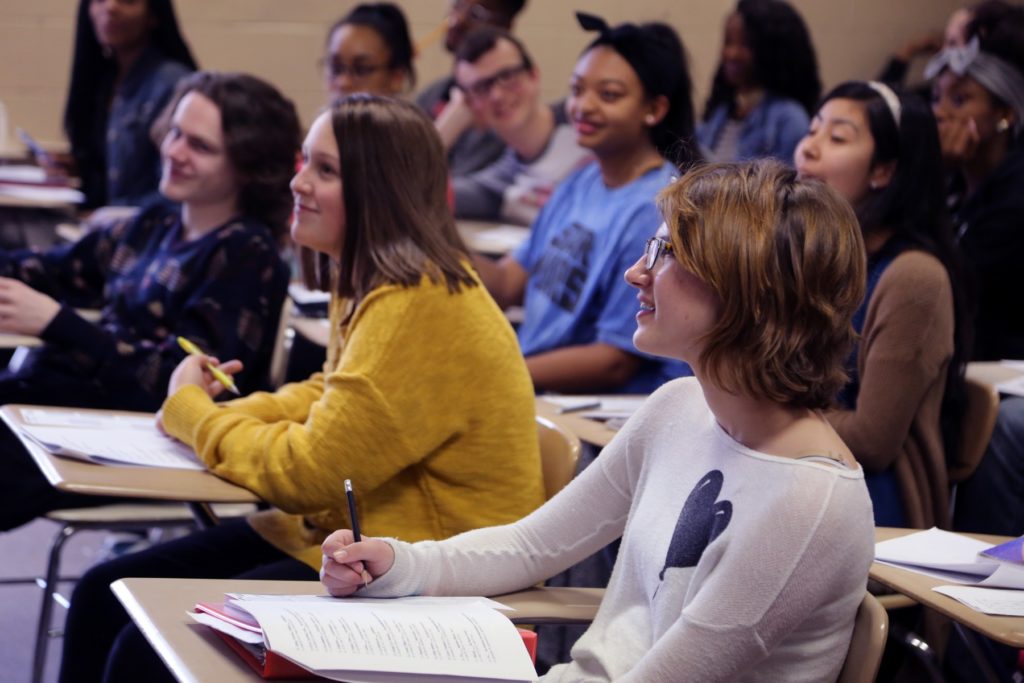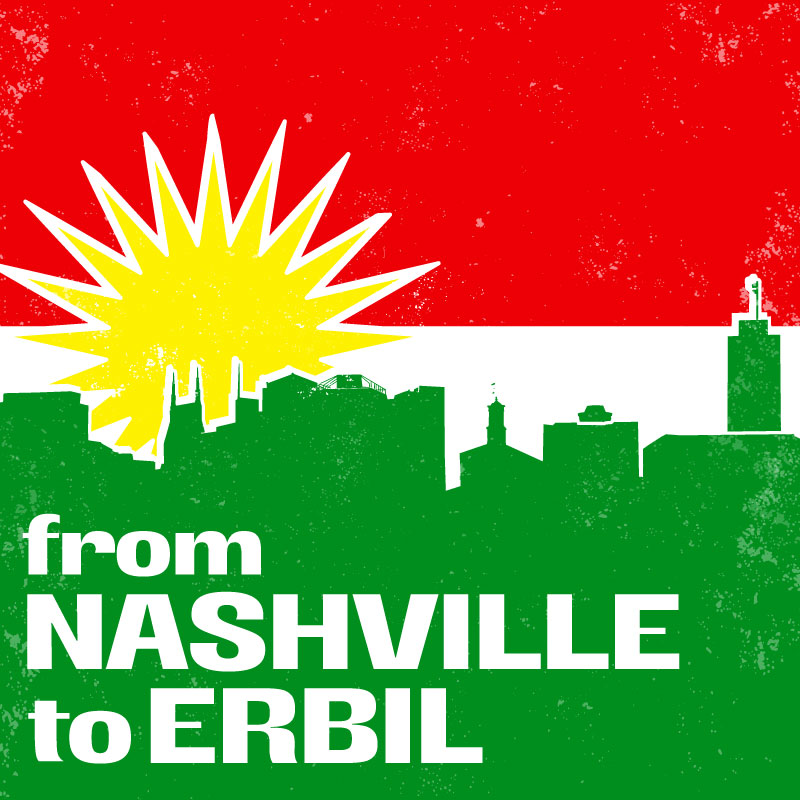
The Metro Nashville Public Schools board approved Tuesday night a proposal to add Kurdish to its list of world languages available for high school credit. Now the request is going to the state for approval.
The proposal stems from Nashville’s large Kurdish community, and it’s earned support from educators. They believe it will boost students’ academic performance.
“Research has shown that when a student is literate in his or her own native language, it helps them become literate in a new language faster, such as English,” says Jill Petty, who manages literacy and world languages for metro schools. “That would actually help them in the long run.”
There are more than 1,100 students from the Kurdish community throughout Nashville’s public schools. Many live in South Nashville.
There, Nawzad Hawrami serves as director of the Salahadeen Center, a community center established in 1998 to serve a growing population of Kurds, many of whom had relocated as refugees to Nashville earlier in the decade.
Hawrami has been a leading proponent of offering Kurdish in Nashville schools. He says he’s heard many Kurds say they want more ways to preserve their language, so last summer, he asked Nashville school board member Will Pinkston if Kurdish could be taught in public schools.
“Learning at home and learning at home is different,” Hawrami said. “Learning at school is a formal way. Learning at home is random.”
One difference, Hawrami said, is that the focus at home tends to be on the spoken language, not reading and writing.
Others see recognition of Kurdish as a sign of the community’s acceptance in Nashville. Ahmad Mossa, a local Kurd, notes that the language has been frequently banned in the Middle East.
“The United States is different,” Mossa said. “It’s freedom, human rights, human dignity.”
If the state approves the proposal, individual schools will then each assess whether they have enough students interested to offer the class. Petty says the language would likely be phased in to high schools over about three years.
She acknowledges there could be some pushback, but she predicts most families will be receptive.
“There is support for their plight, and not just humanitarian,” she said. “But also that need to support people looking for a better opportunity.”


